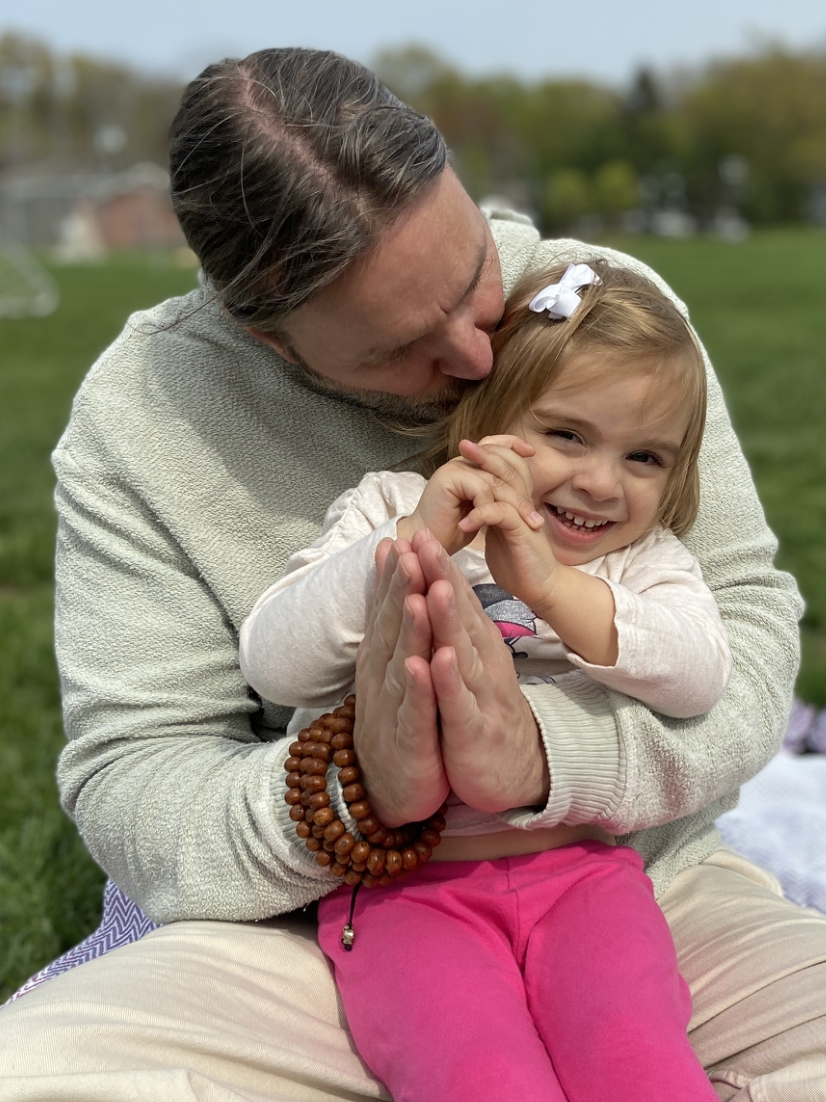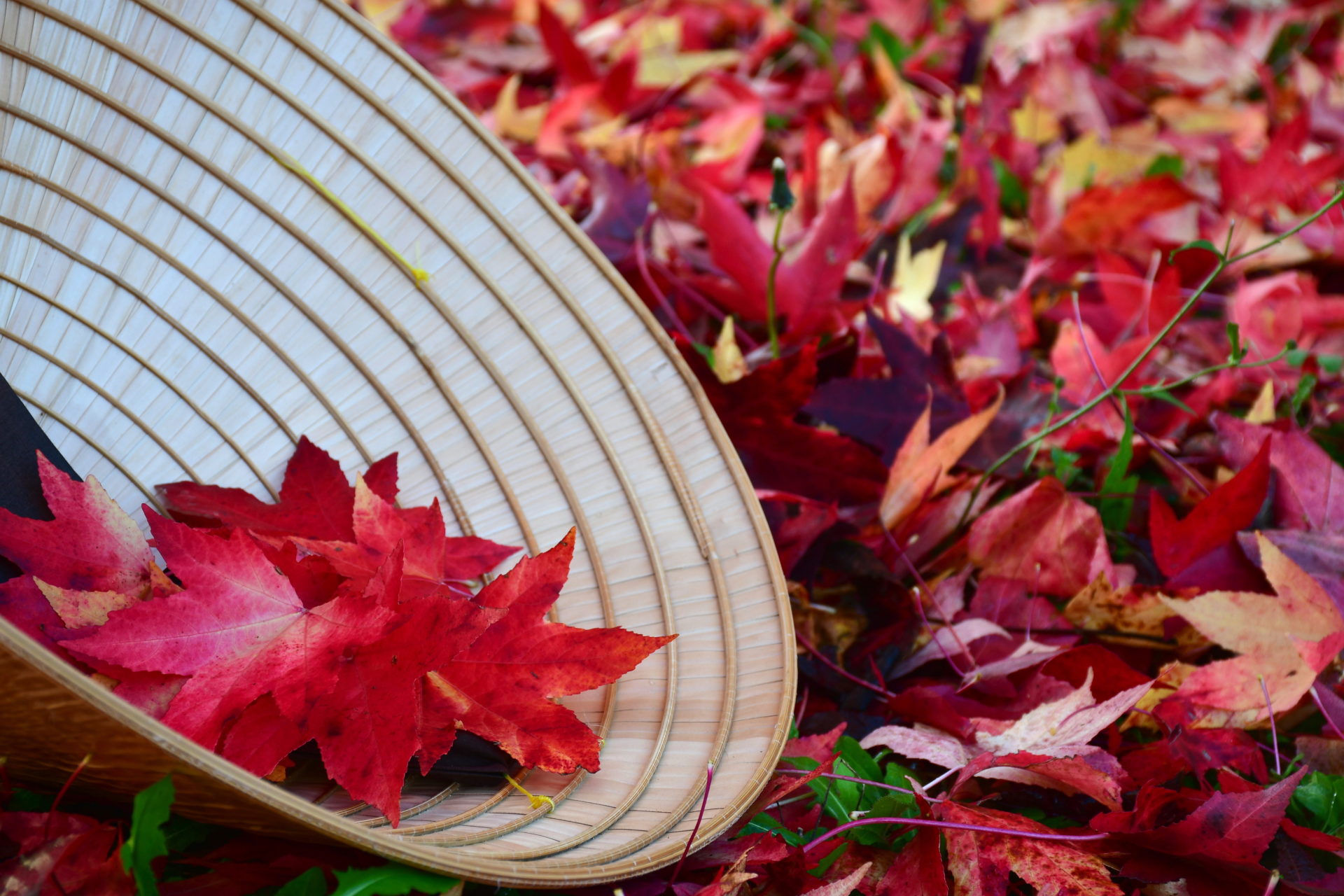Just as an organic gardener knows how to make good use of compost to grow beautiful flowers, so too does a practitioner know how to make good use of suffering and generate happiness.
Thich Nhat Hanh
Every morning as I am reborn, in the vast space he holds, Thay reminds me of the intertwined relationship of love and suffering. Prior to being guided to the still reflecting water of all that is,
Just as an organic gardener knows how to make good use of compost to grow beautiful flowers, so too does a practitioner know how to make good use of suffering and generate happiness.
Thich Nhat Hanh
Every morning as I am reborn, in the vast space he holds, Thay reminds me of the intertwined relationship of love and suffering. Prior to being guided to the still reflecting water of all that is, I was unknowingly being guided by an overidentification with mind. I incessantly grasped at the thousands of thoughts that were flowing down that mind’s river with increasing speeds and chaotic currents and simultaneously interacted with systems in our environment that were largely suffering as we continued to be individually and collectively swept away down the same river.
I believed that earning a doctorate in psychology was sufficient on the journey to understand suffering and become a strong swimmer in that river. I did not realize that being a quiet observer on the river’s edge was the path. I held confidence that my hard-earned degree and Western-oriented research were enough to be rooted firmly into the ground of psychological medicine and absorb the suffering of those who sought my guidance. I fell over many times as my brittle roots were in shallow earth.
I thought that reading the diagnostic manual regarded by many in the psychology field as a bible of sorts was going to aid me in transforming the suffering of those who called upon me for service. Although I deeply respect and acknowledge the life experiences, education, and related knowledge I acquired as important tools for becoming a gardener of the mind, it was not until I accumulated enough suffering myself that I realized my own garden first required deeper understanding and gentler tending. I needed a practice to understand my and others’ universal experiences with our greatest fear: disconnection and a falsely conditioned sense of separateness.
Thomas Merton stated that love arises when the heart turns to stone and prayer seems impossible. The stone I unintentionally and gradually built around my heart became a layer of poison for my garden and hardened the soil in my mind. When I was born, I emanated the freshness of a new flower as all newborns and humans do at the center of their being. Very early on, as I began my conditioned journey with a false sense of separateness that included immersive training in individualism, repressing grief, and anchoring with addictive patterns, the first layers of stone were already being laid.
My father’s leaving the family when I was four years old, my family’s systemic struggle with shame and addiction, my sister’s heroin-related death in 2016, and my brother’s ill health that was related to trauma and a repressed relationship with suffering have all been experienced by me as weeds and dead flowers in the garden of my mind—the mind that lies at the surface of the infinite depths of the heart. As I continued along the path of practice, breathing out with the freshness of a flower, the solidity of a mountain—reflecting like still water—and a growing freedom with an infinite potential of space, I was gradually able to see that I not only experienced my physical separations as suffering but also cultivated intense suffering within the most beautiful experiences as well.
On May 25, 2018, my first daughter, Alessandra, arrived healthy and as pure and lovely as a fresh flower. Her arrival cracked the stone around my heart deeply; as love poured out like radiant sun rays through dark stormy clouds, I clearly reflected the understanding that my fears were again sweeping me away into the abyss of shame as I feared failing her as a father. It was becoming clearer with every day and every separation and every perceived fear of separation that my doctorate in psychology and many years of clinical experience were not enough to mindfully attend to the seeds in the beautiful, but often similarly hardened, gardens of others. My daughter, my darling wife, my dogs, my other family, my clients, all sentient beings, the living earth, and the universe required and deserved something deeper than the surface layer of the knowledge-acquiring and life-experiencing mind I was mostly attending to.
With Thay’s guidance and with the teaching and rooted strengths provided by other brothers and sisters within the Plum Village community, I began to more deeply understand that the weeds and the dead flowers in the garden of mind were the food for a truly organic garden. I now know in my heart that exploring suffering with a quieter mind and an increasingly relaxed and connected body is the growing space where repressed shadows may emerge to a more accepting, understanding, and compassionate organic gardener in the spirit of Thay’s teaching shared and echoed throughout the Plum Village community.
I began to deeply feel the fiercely tender experience of transforming the garbage into nourishing food for my soil, which had become so hardened as it was unintentionally immersed in the toxins of shame and addiction. I awakened to the reflection of love and suffering as interdependent. What I had repressed now transformed into something that I gradually allowed in and more gently attended to. As Sister Lang Nghiem from Plum Village said in the course “Body and Mind Are One,” “I want just enough suffering to be happy.”
The artistic journey with surrender as a gardener continues for me, and it will continue for the remainder of this lifetime and perhaps many more. We don’t need to rush; we’ll always be patient with our suffering, with all sentient beings, with the living earth, and with all the forms that reside on and within it. There are many vehicles to guide us in this remembrance of our deep connection to each other and to everything. Cultivating and sourcing the Buddha energy of mindfulness to serve all and reflect all that is, like the reflections on still water on a windless day, is my focus in practice.
Thank you, Thay, for reminding us of the relationship between suffering and love, for always patiently teaching us to be mindful organic gardeners, and for guiding me home over and over again with the freshness of a flower, with the solidity of a mountain, and with a space as vast as the sky. It is within this fresh, solid, and vast space that I have cultivated the courage to awaken the inner healer, to understand that compassionate service to all is a quality of the path, and to remember that love with its infinite depth is the strongest medicine in our individual and collective journeys with organic gardening.

Alexander Wright is a father, husband, son, teacher, student, friend, and psychologist. Alexander deeply appreciates the opportunity to look inward and share the teaching in devoted service to as many as possible. He is grateful for a combination of Western training and immersive experiences in Eastern practices and traditions, and the journey continues.

